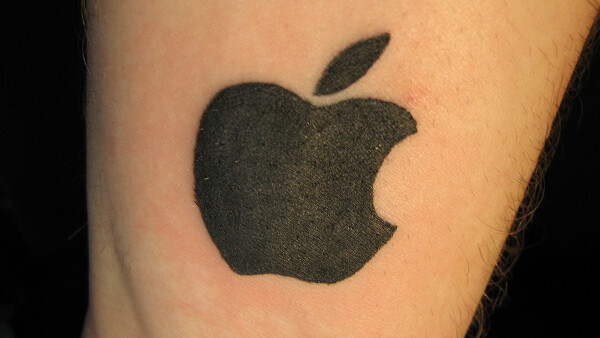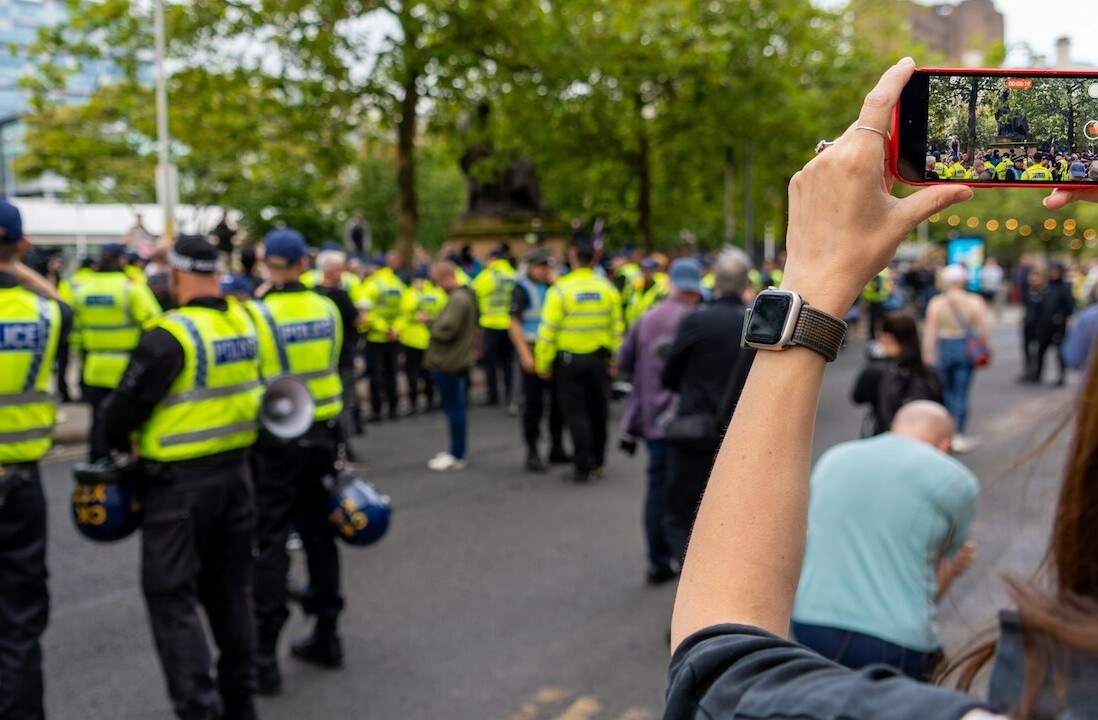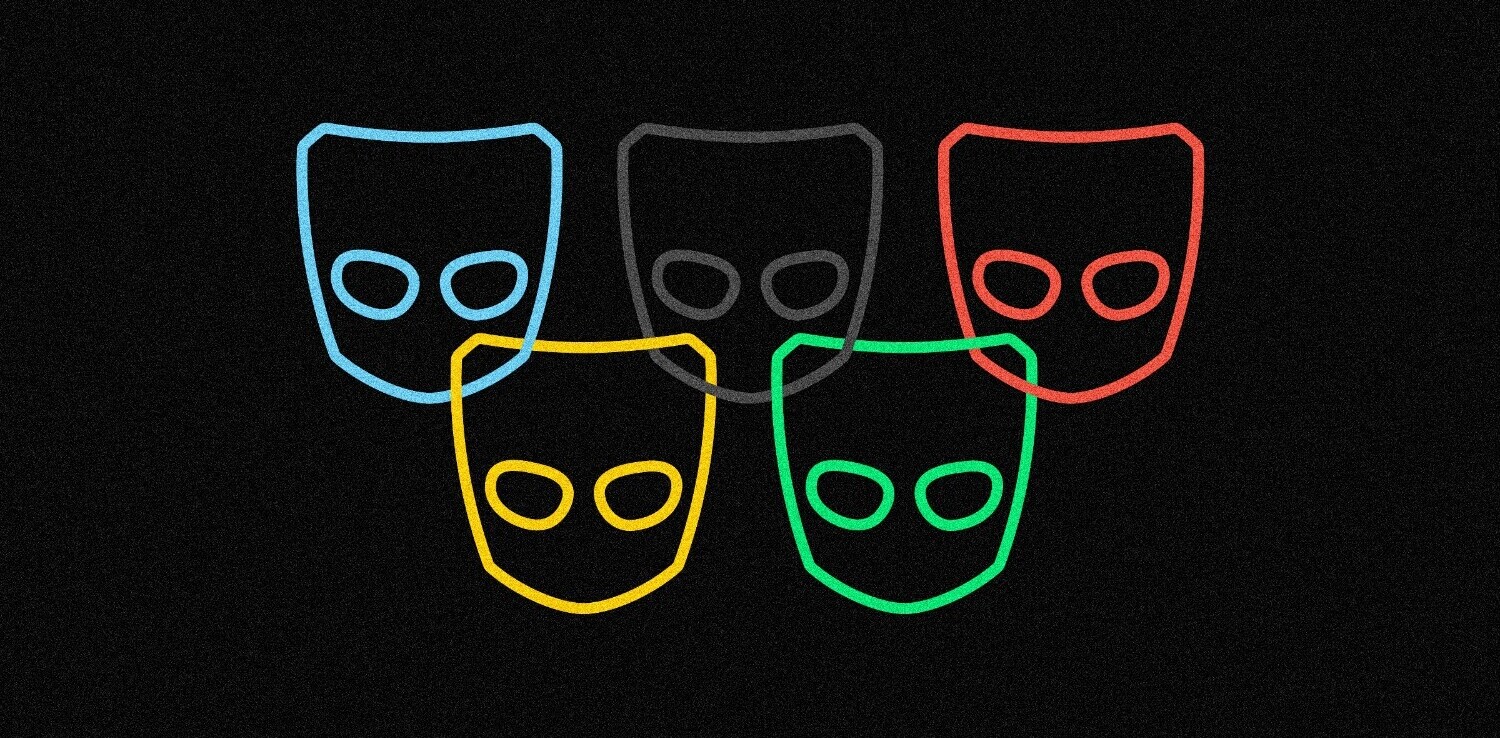
 Brands are keen to reach out to their “superfans” and one way to identify them is that they’re likely to take photos of a brand’s products and share them online. Pongr is a service that turns this form of photography into a game, with the biggest fans being named “CEO” of their favourite brand.
Brands are keen to reach out to their “superfans” and one way to identify them is that they’re likely to take photos of a brand’s products and share them online. Pongr is a service that turns this form of photography into a game, with the biggest fans being named “CEO” of their favourite brand.
Here’s how it works; you’re a huge fan of a brand, let’s say BMW. You take pictures of the brand in your every day life (your BMW car, your BMW books, BMWs you see in the street) and email them into Pongr. The game gives you shares each time you do this, with your “status” within the company rising the more shares you earn. The biggest fans of all become labeled “CEOs”, kind of like Foursquare’s “Mayors” but for a brand. Additional shares are earned for sharing images with friends via social media channels like Twitter and Facebook, although the FAQs warn against spamming friends with brand photos.
Pongr’s Jamie Thompson tells me that there’s image recognition technology going on behind the scenes, not only to ensure people don’t “game the system” with irrelevant images but also to identify “happy people”.
 “When we detect a face in the photo, we award more shares in the company. The reasoning behind this is twofold: we noticed that people already like to take pics of themselves and their friends posing with brands they like (usually sending to Facebook or any of the 3rd party Twitter photo sharing services) AND we wanted to find a way to reward “happy” people with brands…”
“When we detect a face in the photo, we award more shares in the company. The reasoning behind this is twofold: we noticed that people already like to take pics of themselves and their friends posing with brands they like (usually sending to Facebook or any of the 3rd party Twitter photo sharing services) AND we wanted to find a way to reward “happy” people with brands…”
What’s in it for the brands and the fans?
It’s an interesting idea and like many of the strongest startup ideas out there right now, the Massachusetts-based company’s business plan involves actively encouraging brands to get involved. Although the service supports a wide range of popular brands who aren’t paying Pongr anything, once signed up, brands get to identify their biggest fans and are encouraged to reward players by converting the game’s virtual “shares” into real-world rewards related to the brand.
The concept could well chime with marketing departments at big brands. At present, even with image recognition tech it looks a little easy to cheat (we spotted a few brand images obviously copied from the web, rather than original photos), but Thompson tells me that paid-up brands get additional image recognition which is too expensive to run on all images and should help weed out cheaters.
Pongr has a compelling pitch. “Marketers are always looking for ways to reinforce certain behaviors that are good for their brand”, says Thompson. “Consumers are, increasingly more than ever, getting into ‘conversations’ with brands. Conversations absolutely include pictures. Pictures need to be indexed and searchable. People need to be rewarded for being loyal, good customers and for the most part, brands want to reward loyal customers who help showcase the value of a brand.”
If it can convince brands to jump on board, and if it can avoid the “Badge Fatigue” we predict will hit the web next year, Pongr could well be onto something.
As for the name, which sounds like slang for a bad smell to these British ears? Thompson explains… “We picked it originally because we thought the videogame Pong was pretty cool for its time (and was a seminal product for what became a big industry). Our hope is that we might be a part of something equally big in terms of how computer vision is poised to change the way information is stored/accessed. That, and we were sick of people saying “ping me this” or “ping me that”. One day over a beer in Harvard Square one of us just blurted out – why don’t we “Pongr” you back with something every time someone takes a pic…
“Not too sexy, but it is what it is…”
Get the TNW newsletter
Get the most important tech news in your inbox each week.





